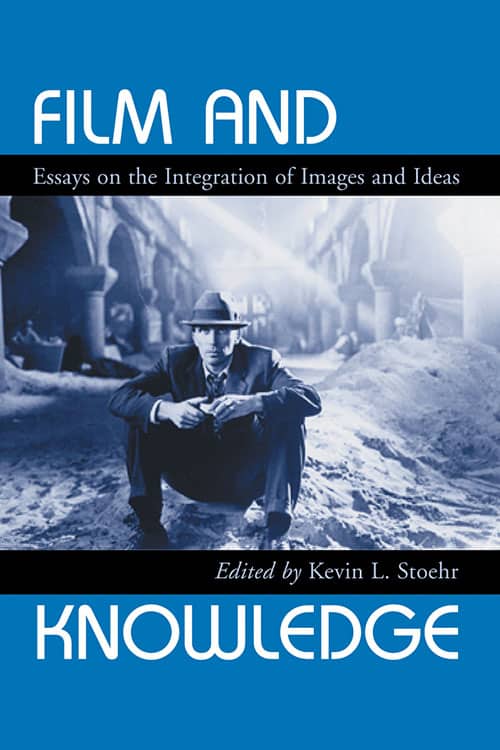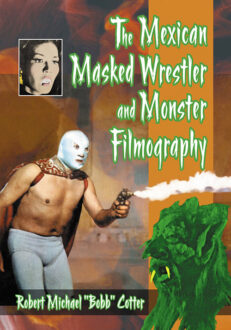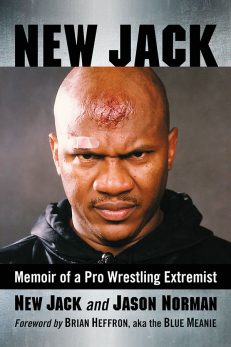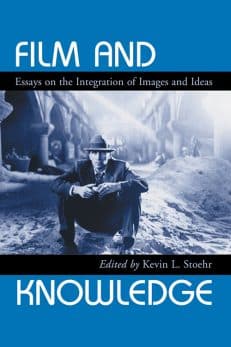Film and Knowledge
Essays on the Integration of Images and Ideas
$29.95
In stock
About the Book
Film has become such an underpinning of art and pop culture that its potential for inspiring serious thought is often overlooked. Our intellectual involvement with film has been minimized as more in the audience want to be merely amazed and entertained.
Essays written by both established and cutting-edge philosophers of film concentrate in this work on the value of film in general and the value of certain films in particular for the study and teaching of ideas. The essays explore such topics as the significance of narrative unity for self knowledge in David Lynch’s Lost Highway and in Paul Schrader’s Affliction; ambiguity and responsibility in Akira Kurosawa’s Rashomon; consciousness and cognition in Orson Welles’s Citizen Kane; skepticism in Alfred Hitchcock’s Suspicion and David Cronenberg’s Naked Lunch; language and gender in Neil Jordan’s The Crying Game; Platonic idealism in Chris Marker’s La Jetée; race in Spike Lee’s Summer of Sam; the concept of the imagination in cognitive film theory; and the role of ideology in feminist film theory.
Instructors considering this book for use in a course may request an examination copy here.
About the Author(s)
Bibliographic Details
Edited by Kevin L. Stoehr
Format: softcover (6 x 9)
Pages: 249
Bibliographic Info: photos, notes, index
Copyright Date: 2002
pISBN: 978-0-7864-1320-1
eISBN: 978-0-7864-8190-3
Imprint: McFarland
Table of Contents
Acknowledgments vii
Introduction 1
Losing the Plot: Narrative Form and Ethical Identity in Lost Highway 17
The Order of Rage: Epistemology and the Need for Knowledge in Paul Schrader’s Affliction 37
The End of Suspicion: Hitchcock, Descartes, and Joan Fontaine 50
Ordinary, Extraordinary, Real and True: Negotiating the Boundaries in Naked Lunch 67
The Anti-Metaphysics Game: A Wittgensteinian Reading of The Crying Game 81
Platonic Themes in La Jetée 95
Persistent Ambiguity and Moral Responsibility in Rashomon 102
Citizen Kant: Themes of Consciousness and Cognition in Citizen Kane 120
Epistemology and the Philosophy of Cinema 141
Is It All in Our Imagination? Questioning the Use of the Concept of the Imagination in Cognitive Film Theory 157
The Epistemology of Race and Black American Film Noir: Summer of Sam as Lynching Parable 174
Feminist Film Theory as Ideology Critique 191
It’s All Ideology, Isn’t It? 205
Film, Feminism, and Ideology: A Reply to Daniel Shaw and Cynthia Freeland 214
About the Contributors 223
Index 227






